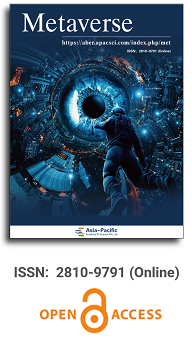
Asia Pacific Academy of Science Pte. Ltd. (APACSCI) specializes in international journal publishing. APACSCI adopts the open access publishing model and provides an important communication bridge for academic groups whose interest fields include engineering, technology, medicine, computer, mathematics, agriculture and forestry, and environment.
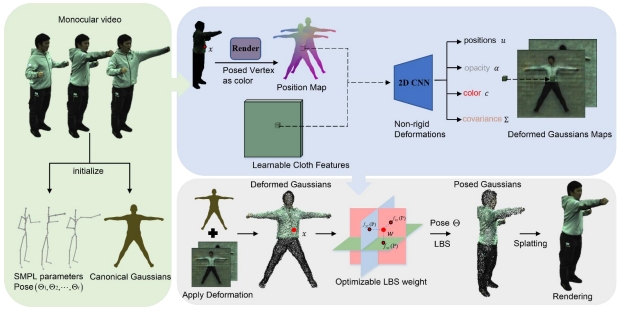
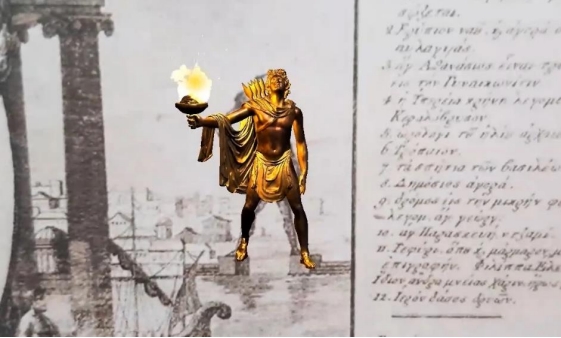
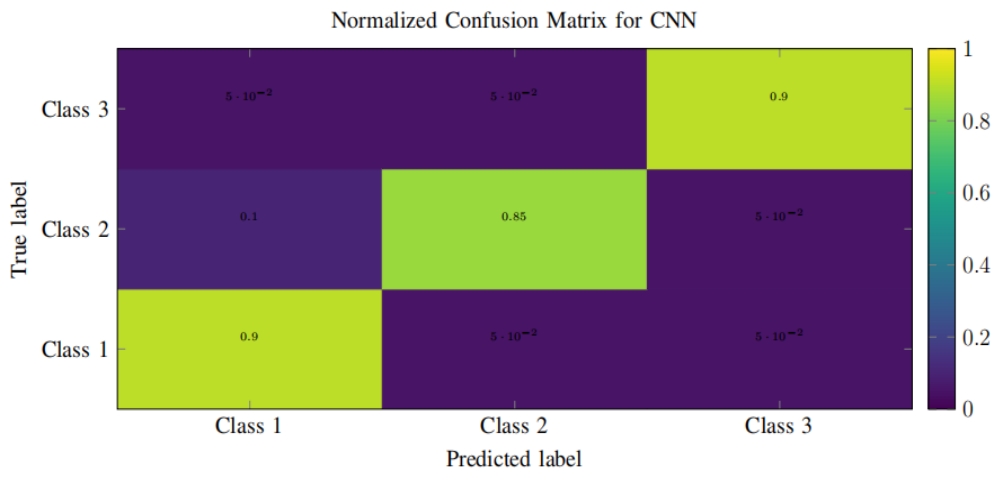
On April 14, 2025, Prof. James Hutson from the United States delivered a lecture titled “Designing Neurosanctuaries in the Metaverse: Adaptive Virtual Spaces for Cognitive Restoration and Mental Health”. 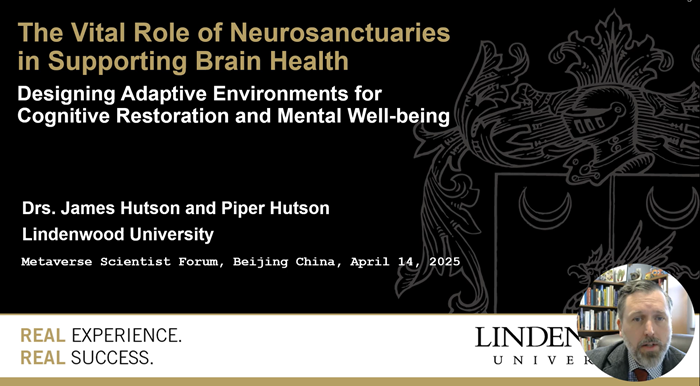 As the metaverse expands its reach across virtual interactions, gaming, education, and healthcare, the necessity for environments dedicated to neurological wellness becomes increasingly critical. This presentation introduces the concept of neurosanctuaries—specialized spaces informed by neuroscience, neuroaesthetics, and biophilic principles designed explicitly for cognitive restoration, emotional regulation, and brain health. These environments utilize multisensory stimuli, acoustic optimization, adaptive lighting, and mindful spatial configurations to mitigate cognitive overload and promote neuroplasticity. The integration of advanced AI-driven biometric feedback systems and neuroadaptive designs allows neurosanctuaries within the metaverse to dynamically respond to individual user needs, providing personalized cognitive enhancement and mental recovery spaces. Case studies from education, healthcare, and corporate sectors illustrate practical applications, highlighting the transformative potential of virtual neurosanctuaries in reducing stress, preventing burnout, and enhancing overall mental well-being. This presentation advocates for a future where brain-first design principles become integral to the architecture of the metaverse, underscoring its role in promoting sustainable cognitive health and optimizing human potential. The presentation was attended and discussed by members of the Journal’s editorial board and young scholars. We warmly welcome more distinguished scholars to share their research achievements and engage in meaningful interactions through the Metaverse platform. This will not only enhance the exchange of ideas but also contribute to the continued growth and prosperity of the international metaverse community. Author's description:  Prof. James Hutson works as a professor at Lindenwood University, USA, and specializes in multidisciplinary research that encompasses artificial intelligence, neurohumanities, neurodiversity, immersive realities, and the gamification of education. Earning a Bachelor of Arts in Art from the University of Tulsa, a Master of Arts in Art History from Southern Methodist University, and a Ph.D. in Art History from the University of Maryland, College Park, he later acquired additional Master's degrees in Leadership and Game Design from Lindenwood University and additional PhD in Artificial Intelligence at Capitol Technology University (2023). Over the span of his academic career since 2006, Hutson has held various pedagogical and administrative positions across five universities, including Chair of Art History, Assistant Dean of Graduate and Online Programs, and most recently, Lead XR Disruptor and Department Head of Art History, AI, and Visual Culture. Personal link: James Hutson | Faculty / Staff Directory | Lindenwood University |

Prof. Zhigeng Pan
Professor, Hangzhou International Innovation Institute (H3I), Beihang University, China

Prof. Jianrong Tan
Academician, Chinese Academy of Engineering, China
Conference Time
December 15-18, 2025
Conference Venue
Hong Kong Convention and Exhibition Center (HKCEC)
...
Metaverse Scientist Forum No.3 was successfully held on April 22, 2025, from 19:00 to 20:30 (Beijing Time)...
We received the Scopus notification on April 19th, confirming that the journal has been successfully indexed by Scopus...
We are pleased to announce that we have updated the requirements for manuscript figures in the submission guidelines. Manuscripts submitted after April 15, 2025 are required to strictly adhere to the change. These updates are aimed at ensuring the highest quality of visual content in our publications and enhancing the overall readability and impact of your research. For more details, please find it in sumissions...






.jpg)
.jpg)

